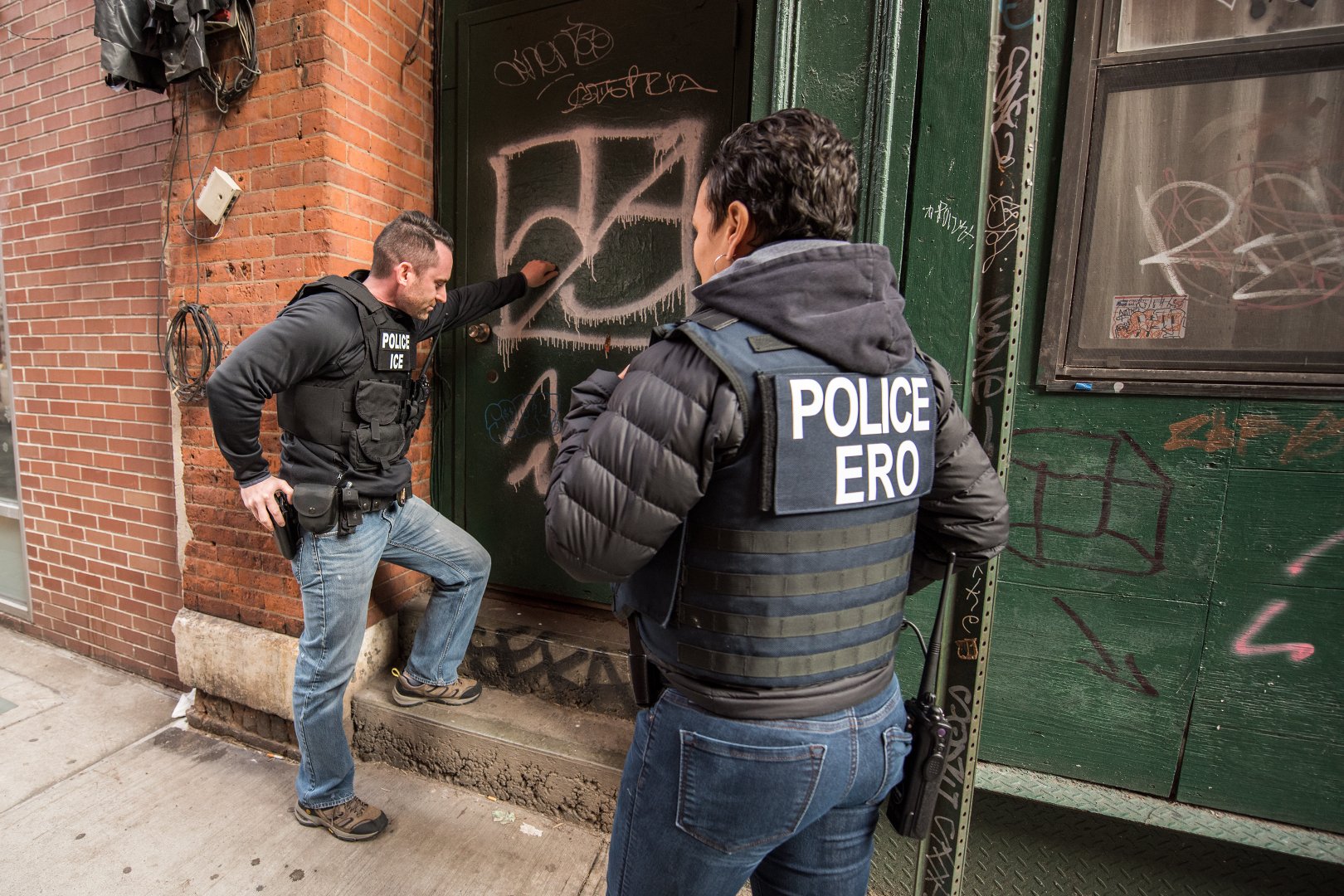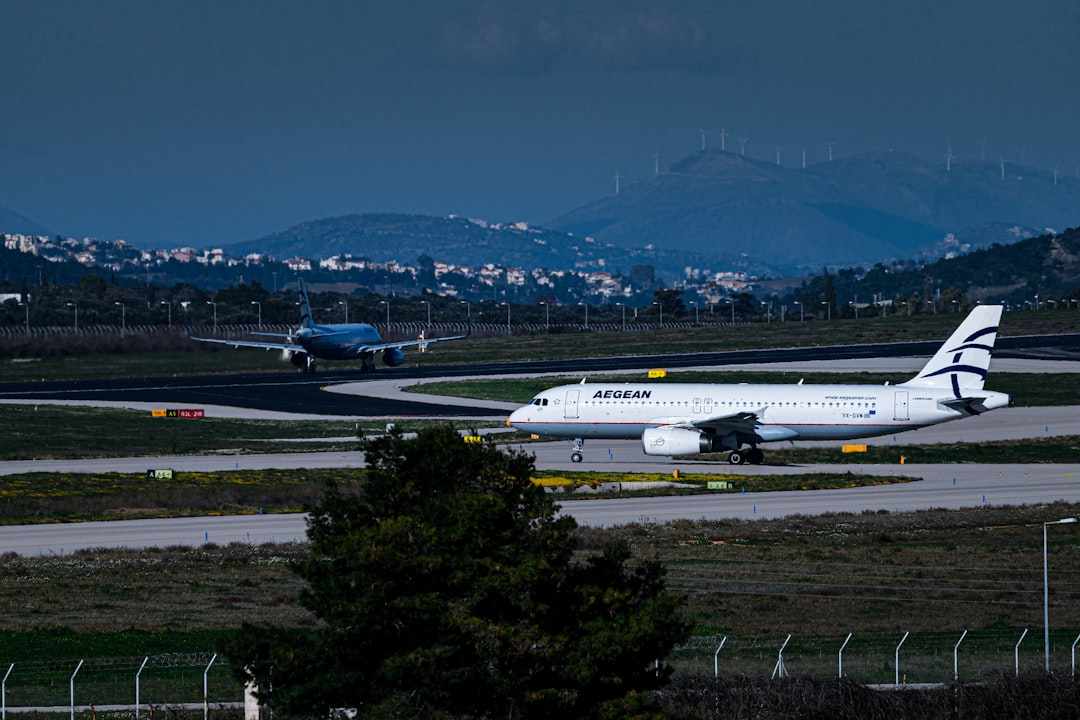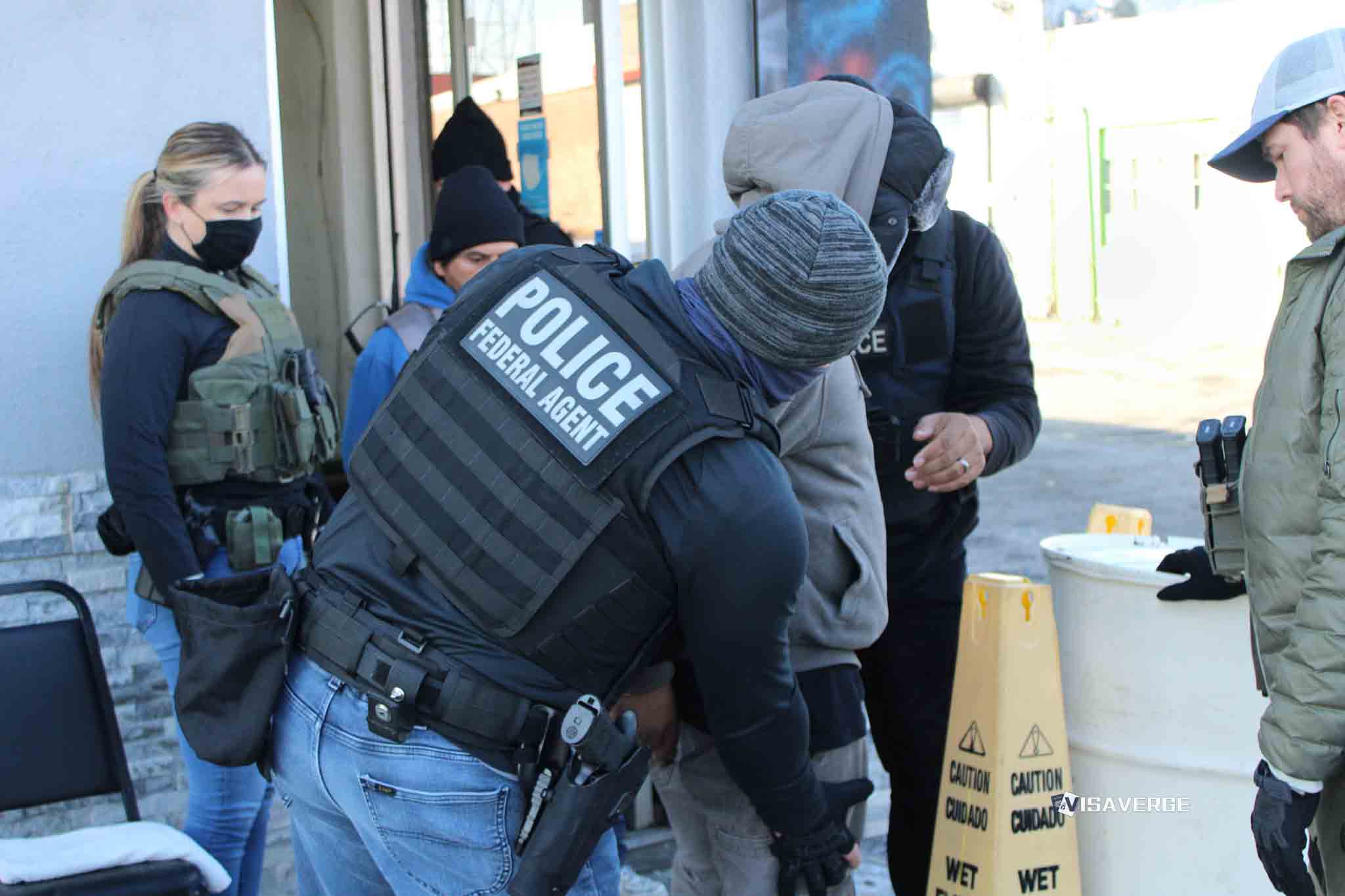Key Takeaways
• On February 19, 2025, Iceland proposed a bill allowing citizenship revocation for serious crime convictions with penalties up to 16 years.
• The bill mainly targets naturalized citizens, raising concerns about fairness, potential statelessness, and alignment with international human rights laws.
• Violent crimes in Iceland surged in 2024, triggering public demand for stronger measures; policymakers link rising violence to organized crime.
Iceland is currently facing a significant decision regarding its approach to crime and citizenship. On February 19, 2025, a bill was introduced by five members of the Independence Party proposing a new and controversial policy: the ability to revoke Icelandic citizenship for individuals convicted of serious crimes. This measure, if enacted, would represent a dramatic shift in Iceland’s laws at a time when the country is confronting a sharp rise in violent crimes — a development that has startled both Iceland 🇮🇸 residents and observers alike.
The Background and Motivation Behind the Proposal

Widely regarded as one of the safest nations in the world, Iceland has historically reported exceptionally low crime rates. However, recent trends have begun to challenge this reputation. In 2024, the country recorded seven homicides by September alone, setting a grim record for the highest annual murder count since records began. In prior years, Iceland’s average annual murder rate stood at around 1.9, making the 2024 figure appear alarming by contrast.
As Iceland contends with this surge in violent crimes, its overall crime rate has also increased. In 2023, Iceland’s crime rate reached 22.26%, encompassing both minor and severe offenses. While remaining low in a global context — for instance, the United States crime rate during the same period was at 47.70% — Iceland’s figures reflect a noticeable rise compared to its own past.
In particular, violent crimes such as shootings, stabbings, and gang-related confrontations have been on the rise. Drug-related activities appear to be driving much of this violence, further compounded by the emergence of organized crime groups with foreign ties. Icelandic authorities have confirmed the involvement of over a dozen criminal organizations, with some foreign groups demonstrating a higher degree of sophistication than Icelandic counterparts. This growing internationalization of crime has drawn significant concern, leading policymakers to propose drastic measures like citizenship revocation to address the issue.
What Does the Bill Propose?
The bill, spearheaded by Diljá Mist Einarsdóttir and four fellow members of the Independence Party, seeks to establish the authority to revoke Icelandic citizenship for individuals convicted of crimes carrying penalties of up to 16 years in prison. Importantly, this legislation particularly targets those who were born in other countries but naturalized as Icelandic citizens. This has sparked a tense debate over fairness and equity in the country’s legal framework.
Currently, citizenship laws in Iceland allow dual citizenship and have relatively accessible naturalization pathways, including a seven-year residency requirement for most applicants. Adding the possibility of citizenship revocation introduces a significant caveat, marking a departure from Iceland’s historically straightforward policies.
Comparisons and Concerns
The notion of revoking citizenship is not without precedent in Europe. For example, countries like Bulgaria and Cyprus have previously taken similar actions, particularly in cases where citizenships were obtained through questionable investment schemes. However, Iceland’s proposed law differs in focus: it explicitly hinges on criminal convictions rather than the conditions under which citizenship was obtained.
Critics argue that such legislation risks the creation of unequal legal standards. This could result in a two-tier system where citizens by birth are treated differently than naturalized citizens when it comes to criminal sanctions. Others raise concerns about the potential for statelessness — when individuals lose their nationality without holding another citizenship — an outcome that international law typically seeks to avoid.
Rising Criminal Activity as a Catalyst
The sudden consideration of such an extreme measure does not exist in isolation but is deeply tied to broader societal and policing challenges. While drug-related crimes and gang violence have gained the most attention in recent years, Iceland is also dealing with other significant criminal activity, such as financial crime. Authorities have reported increases in tax fraud and money laundering, with illicit profits by criminal groups reportedly hidden through investments in legitimate businesses and real estate.
The international connections of organized crime in Iceland are another concern. Criminal networks from various European nations have been identified in Iceland, participating in a wide range of illegal activities including drug trafficking, human trafficking, and burglary. Icelandic authorities have declared a “war” on such mafia-style organizations, confronting criminal groups that possess strong financial means and sophisticated strategies for evading law enforcement.
This surge in sophisticated and violent criminal activity has helped fuel public demand for tougher responses. Supporters of the citizenship revocation bill argue that it is necessary to send a strong message to serious offenders. The Independence Party, which has strongly backed the proposal, views it as a potential deterrent, with long-term benefits for public safety.
Implications for Human Rights and Law
The debate over this bill also brings to light complex questions about human rights. Critics have pointed out that citizenship is not simply a legal status but a fundamental right connected to identity and belonging. Ejecting individuals from national membership on the basis of specific crimes could set a dangerous precedent, especially if applied unevenly between different groups of citizens.
Another major concern revolves around international law, which generally opposes actions that could render individuals stateless. The bill’s proponents have not yet fully addressed how such scenarios would be avoided should the legislation pass. Similarly, there are apprehensions about the broader implications for Iceland’s global reputation. Known for its commitment to peaceful coexistence and equitable justice, Iceland risks damaging its image by introducing laws perceived as overly punitive.
A Broader Context
The introduction of this bill reflects a growing anxiety across Europe regarding rising crime and the role of migration in societal change. While Iceland is in uncharted territory with its specific proposal, its stance mirrors wider regional trends toward stricter immigration and naturalization laws. As analysis from VisaVerge.com highlights, the interplay between crime control and citizenship policies is a contentious issue in countries grappling with international crime syndicates and social change.
For Iceland, this law could represent a critical turning point, influencing not only its view of citizenship but also how the country responds to crime on a systemic level. By making the connection between criminal justice and immigration policy explicit, Iceland is placing itself at the forefront of highly charged, ongoing debates.
Looking Ahead
The next steps for this proposed legislation will be crucial. If passed, it would mark a departure from Iceland’s established policies, fundamentally altering how Icelandic citizenship is defined and protected. Beyond legal debates, its impact on national identity and public attitudes toward immigrants could be substantial.
As Iceland moves forward, it must carefully balance competing goals: maintaining public safety while preserving its long-standing reputation as a just and peaceful nation. Policymakers have an opportunity to harness the debate over this proposal constructively, taking public concerns seriously while ensuring that any changes align with international norms and uphold human rights.
In conclusion, the proposed revocation law touches on one of the most sensitive aspects of national policy: the intersection of citizenship, justice, and safety. Iceland must tread carefully to ensure that its response to rising crime achieves the desired outcomes without undermining its core principles. As discussions continue in parliament, this issue will serve as both a test for Iceland’s legal system and a reflection of broader challenges facing contemporary societies worldwide. For additional information on Iceland’s citizenship laws, readers can consult Iceland’s Directorate of Immigration.
Learn Today
Naturalization → The legal process through which a non-citizen acquires citizenship of a country after fulfilling specific requirements.
Statelessness → The condition of not being recognized as a citizen by any country, resulting in lack of legal rights and protections.
Dual Citizenship → The status of being a citizen of two different countries simultaneously, with rights and obligations in both.
Organized Crime → Criminal activities carried out by structured groups, often involving drug trafficking, financial crimes, and other illicit operations.
Revocation → The official cancellation or withdrawal of a status, privilege, or right, such as citizenship, by legal authority.
This Article in a Nutshell
Iceland faces a pivotal choice: revoke citizenship for serious criminals? A 2025 bill proposes stripping naturalized Icelanders convicted of severe offenses of citizenship, sparking heated debates on justice, fairness, and human rights. Critics warn of statelessness risks, while supporters see it as a necessary deterrent for rising crime. Iceland’s identity hangs in balance.
— By VisaVerge.com
Read more:
• Iceland Airport Transit Visa Guide
• Iceland Visa: Required Documents Checklist
• Iceland Visa Guide: Application Process & Requirements
• Tourists Left Stranded in Iceland Freezing Cold with No Clothes as easyJet Flight Ditches Luggage in Manchester
• Iceland Volcanic Eruption: Impact on Reykjanes Peninsula Travel and Keflavik International Airport













